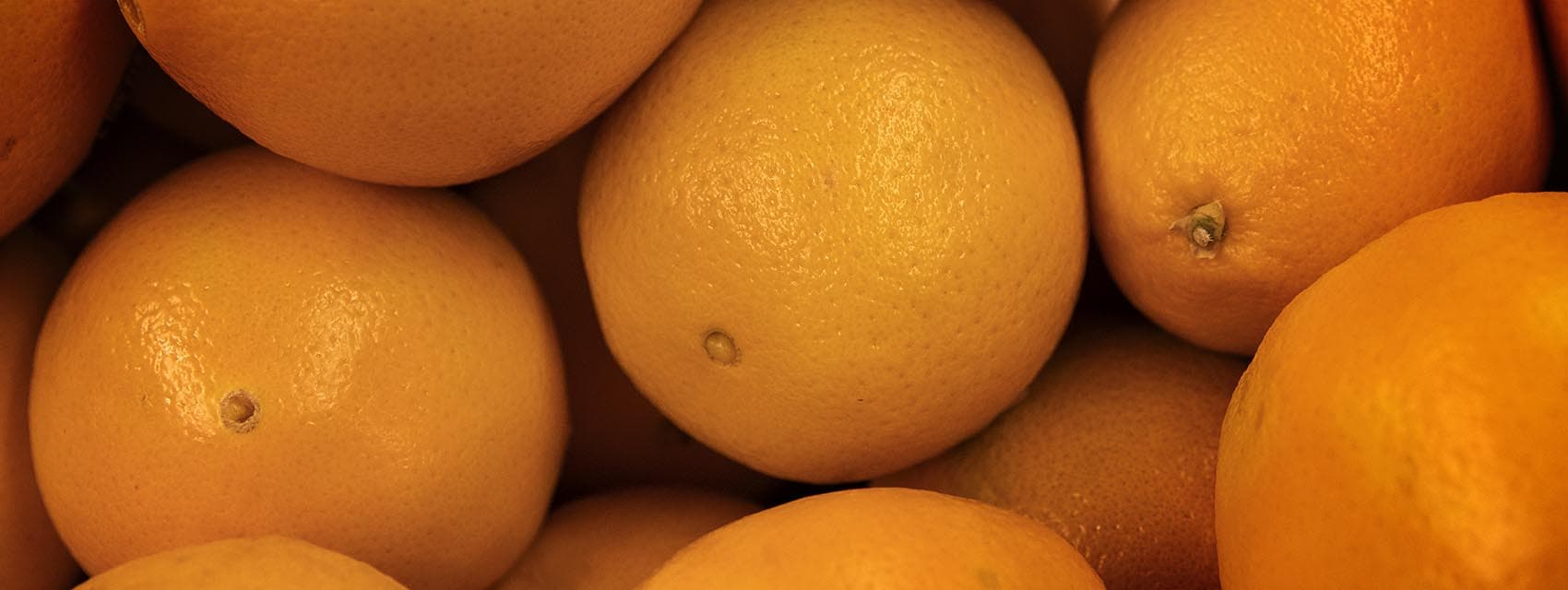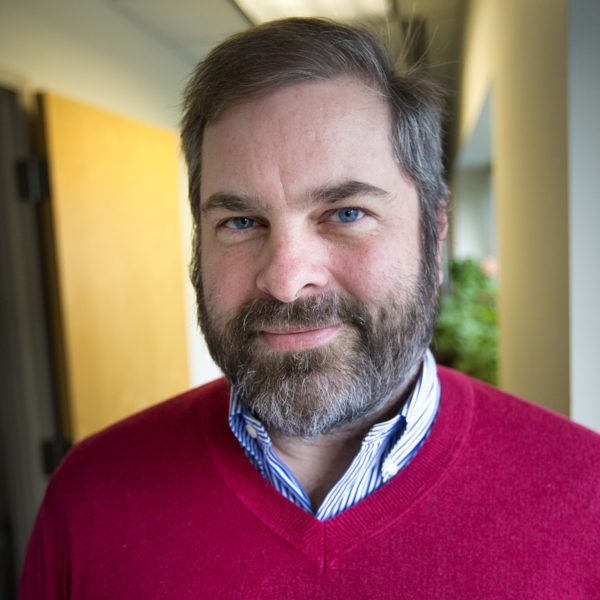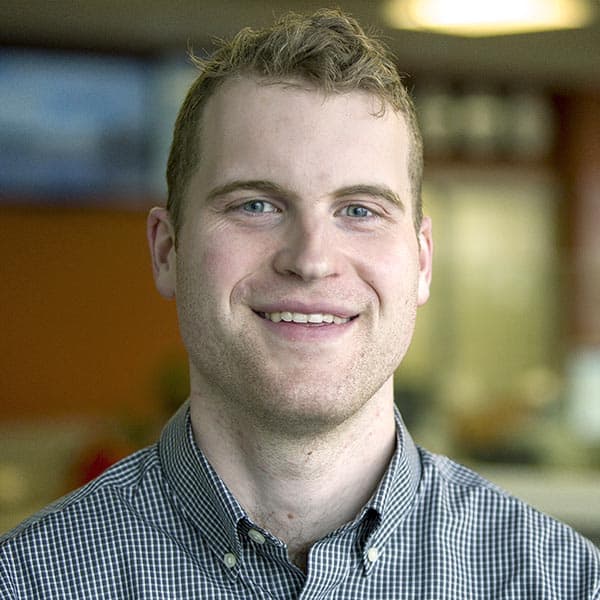Advertisement
What Is The Future Of Public Radio? WBUR Wants To Find Out — And Help Shape It

Radio is edging toward an existential crisis.
Car dashboards, once monopolized by the FM/AM tuner, can now access the vast expanses of the internet. Smart speakers are as cheap as radios, but they are easier to use and offer an almost unlimited array of listening choices. Podcast apps and music streaming services create a world in which exactly what we want to hear is available to us immediately, at our fingertips (or even our lips).
How will radio — and news-driven public radio, in particular — react? How should it?
Project CITRUS is a Google grant-funded, yearlong project that will start to answer these questions and help WBUR adapt to these tectonic shifts in audio consumption. There can be little doubt that on-demand audio will play a major role in this new paradigm. And so, our adventure starts there.
What's In A Name?
CITRUS is a backronym that underscores our constant mantra (akin to Alec Baldwin's "ABC"). It stands for: Creating Independent Thoughtful Reusable Unique Segments
We codename our projects after citrus fruits, since it seems like such an apt metaphor: They contain small, discrete, easy-to-digest audio segments — almost all of which are sweet and satisfying.
Creating
Above all, we are making things: experimental, digital-first audio programming; processes to create better on-demand segments from broadcast shows; and immersive smart-speaker skills to deliver this content.
Independent
Any given audio segment should always hold together and sound like a discrete entity. It should be devoid of things like callbacks ("As we discussed last week…") and broader show mentions ("Welcome back to 'HubTalk with Harry'").
Thoughtful
Regardless of the production or distribution model, our work must live up to the (very high) standards of quality set by WBUR, and public media in general.
Reusable
Our pieces should make sense regardless of the listening platform. We're not making "smart-speaker content." We're making content that works on all platforms, including smart speakers, but also podcast apps (via RSS), the web, gas pumps, fridges, etc. The goal is: create once, distribute everywhere.
Unique
The audio should fill niches and voids. If there is competition, it should stand out against it.
Segments
We are focused on shorter, newsier segments, and much less on longer pieces with higher production value.
Our Goals
Project CITRUS has four overarching goals for the next 12 months.
Improve Broadcast-First Segments
We will take a broad and deep survey of existing broadcast-first segments (that is, the pieces that run on our air first) and the workflows that create them. We'll also develop a set of best practices to make these segments more independent, reusable and digital friendly. Finally, we hope to increase the discoverability of these segments.
Pilot Digital-First Segments
We will produce pilots of several digital-first (though not necessarily digital-only) "microcasts." In addition, we'll analyze the long-term viability of these segments and create a distribution strategy for them.
Improve And Broaden Digital Distribution Channels
We will examine WBUR's existing digital audio distribution channels (Amazon Alexa, NPR One, etc.) and ensure that we are maximizing their impact. We'll also explore — and experiment with — any untapped channels.
Evangelize
All of the above are nothing without internal buy-in. As such, we'll speak about this new digital audio strategy — and the trends driving the need for it — via talks, informal conversations, and meetings. We also want an external presence. So we plan to be thoughtfully — almost radically — transparent in documenting the project's progress via blog posts, conference talks, GitHub repos and other methods.

